Just because mommy and daddy like pizza doesn't mean the kids don't have to eat their vegetables. Do your homework. Eat more healthy choices and lay off those snacks. Get out there and play, be active, exercise, because mommy and daddy say so. But who doesn't want to fall on the couch to watch the next best hit show on Netflix after a long day's work? Just because mommy and daddy do it doesn't mean it's okay for the kids. These are fundamental patterns that reflect how families typically operate. Parents say it, and so the kids must do it. But, they don't. Why? Because the parents aren't modeling it.
Researchers from Sãu Paulo State University (UNESP), Brazil, studied 182 young people (aged six to seventeen) and their parents (161 mothers, 136 fathers) to understand the connection with sedentary behavior and physical activity. If parents sit a lot, it's not surprising that the kids follow suit. But, if the parents are active people, what do the kids do?
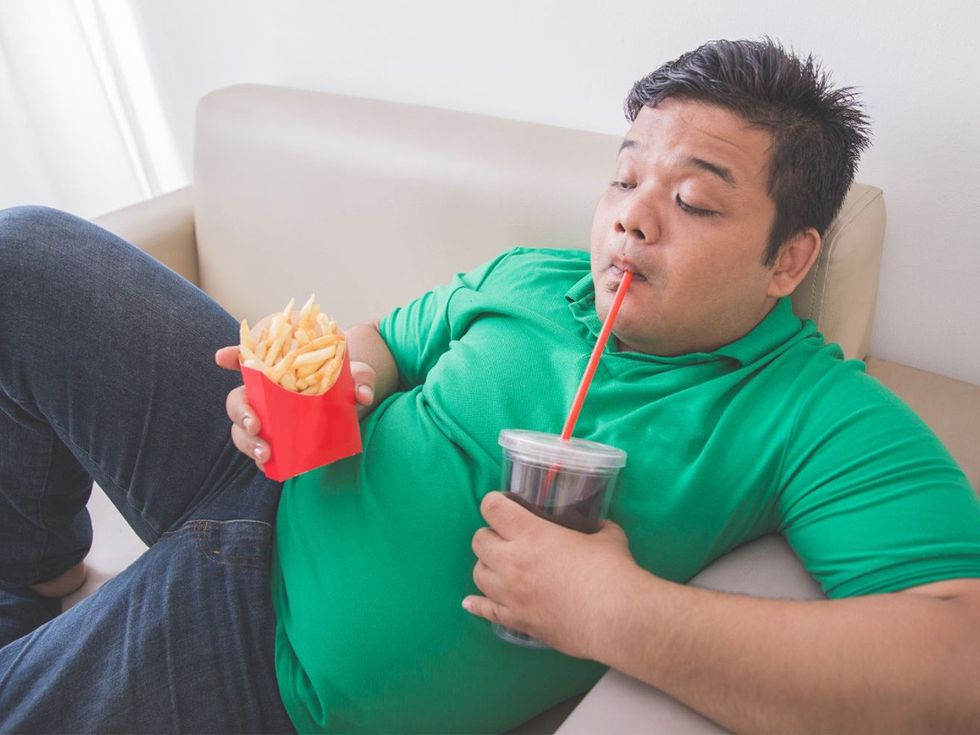
New Atlas reported on the 2025 study, which found kids consistently mirror their parents' sedentary behaviors. Diego Christófaro, PhD, an assistant professor at UNESP and co-author of the study, said, "The results indicate that parents’ level of physical activity can directly influence their children’s habits." Christófaro continued, "Sedentary habits are the result of multiple factors, such as lack of access, time, and places where physical activity can be practiced."
Some bad news about active versus non-active parents
Unfortunately, more active parents didn't necessarily have more active kids. The research simply showed children were "less likely" to engage in sedentary behavior if their parents were more active. The study's conclusion, highlighted in Science Direct, noted, "...the importance of encouraging physical activity in the family environment is highlighted, since a higher level of parental physical activity contributes to the reduction in sedentary behavior of children and adolescents."
Parents' behaviors directly influence all kinds of habits in children
A 2025 study published in the National Library of Medicine involved 89,545 youths and 13,856 parents. The study found, "associations between parental physical activity, sleep, dietary habits, mental health, screen time, and their children's BMIs [Body Mass Index]." It continued, "Parenting styles significantly influence children's behaviors. This review highlights the crucial influence of parenting styles and behaviors on children's physical activity, diet, sleep, and mental health, emphasizing the link between family dynamics and childhood obesity." Again, studies suggest the more unhealthy the parental habits, the more influential and damaging the effects on kids.
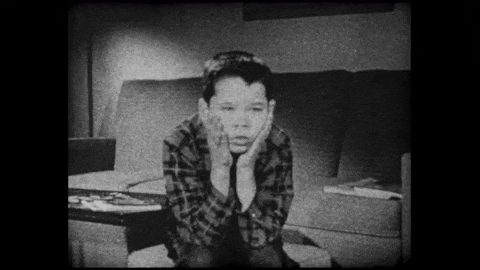
Children are observational learners
Kids learn many of their habits through observational learning. Kendra Cherry, MSEd, an expert in child psychology, wrote about the four stages of this kind of learning in Verywell Mind:
- Attention: focused observation of what the parents are doing.
- Retention: remembering what they saw.
- Reproduction: attempting to replicate the behavior.
- Motivation: perceived reward for engaging in the behavior.
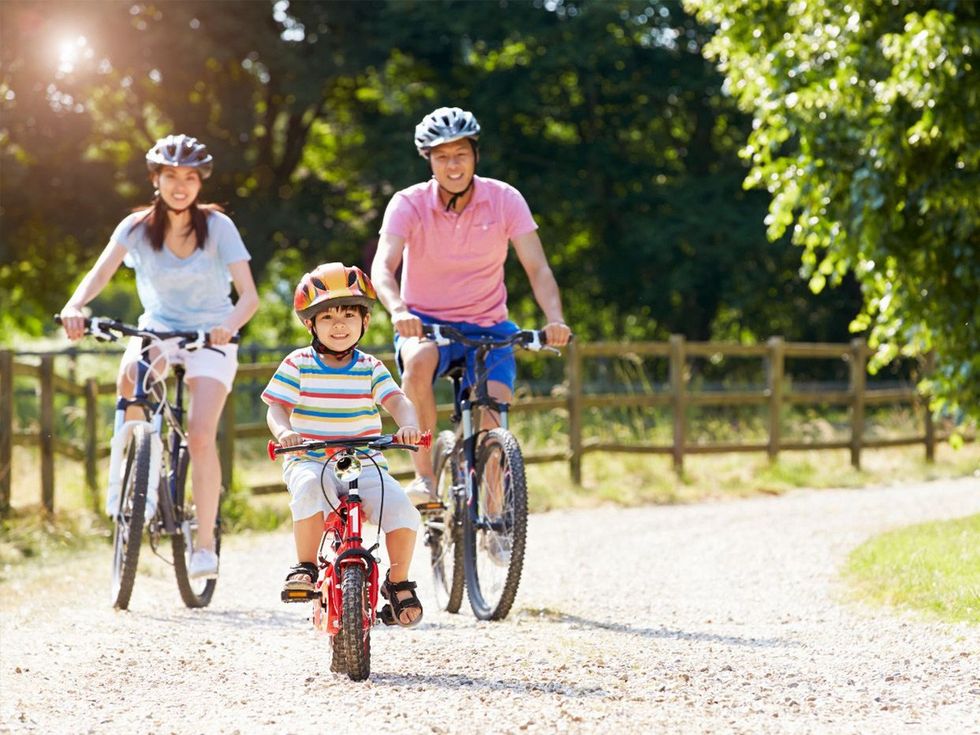
One of the more important components of being a good role model for your children is understanding that while your behavior is influential, it may not always be replicable for the child. In other words, just because you model great behavior, your child may still find those habits difficult to copy. This doesn't mean you should stop or give up, though. The studies show that consistent healthy behavior does influence them for the better over time. Besides, modeling healthy behavior for your kids isn't just good for them; it has a positive effect on your health and wellness too.





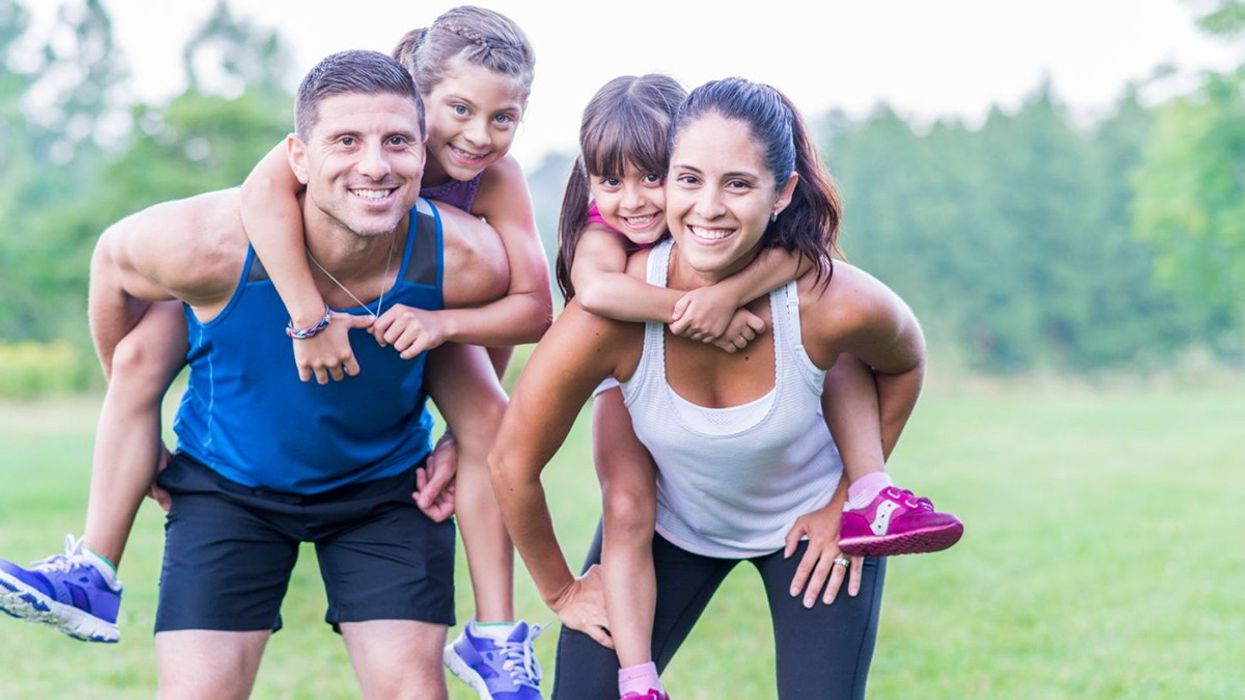












 Amoxicillin is a commonly prescribed broad-spectrum antibiotic.
Amoxicillin is a commonly prescribed broad-spectrum antibiotic.  Chart: The Conversation, CC-BY-ND
Chart: The Conversation, CC-BY-ND
 Counterintuitively, social media can make you feel more bored and lonely.
Counterintuitively, social media can make you feel more bored and lonely. Talking about what you’ve read can add a social dimension to what can be a solitary activity.
Talking about what you’ve read can add a social dimension to what can be a solitary activity. 
 Women and people of color who experience cardiac arrest are less likely to receive CPR.
Women and people of color who experience cardiac arrest are less likely to receive CPR.

 Mushrooms containing psilocybin.Photo credit:
Mushrooms containing psilocybin.Photo credit:  Woman undergoing cancer treatments looks out the window.Photo credit:
Woman undergoing cancer treatments looks out the window.Photo credit: 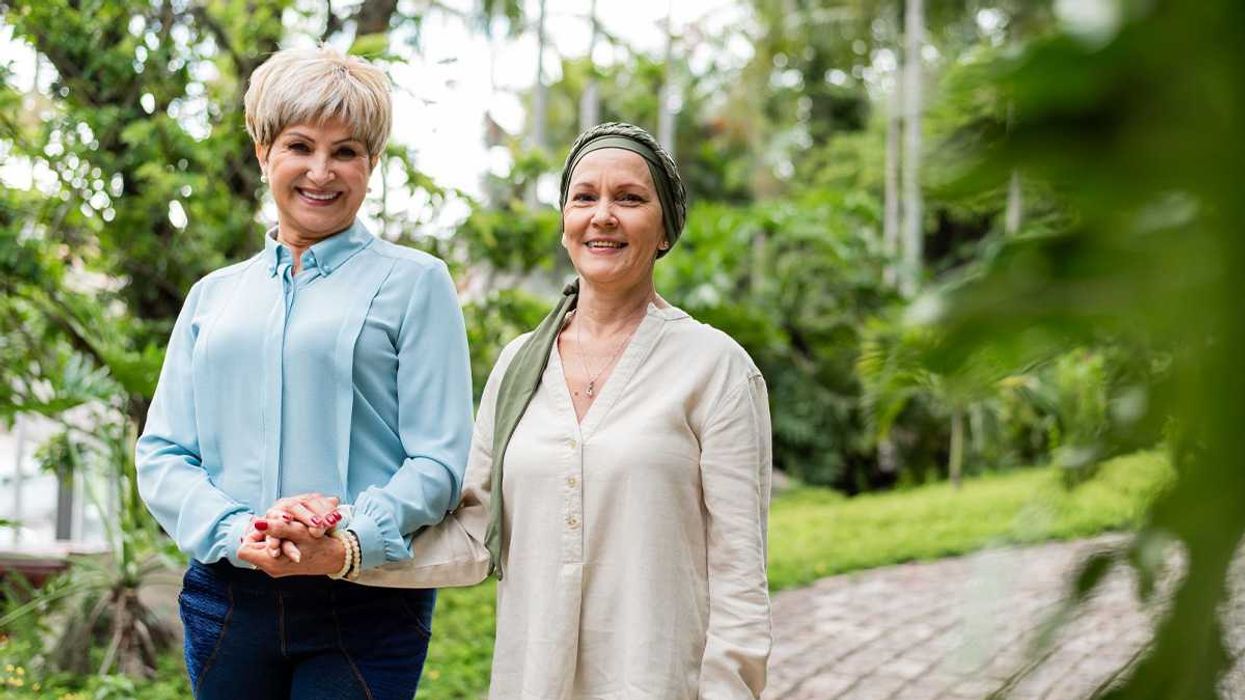 Friend and patient on a walk.Photo credit:
Friend and patient on a walk.Photo credit: 

